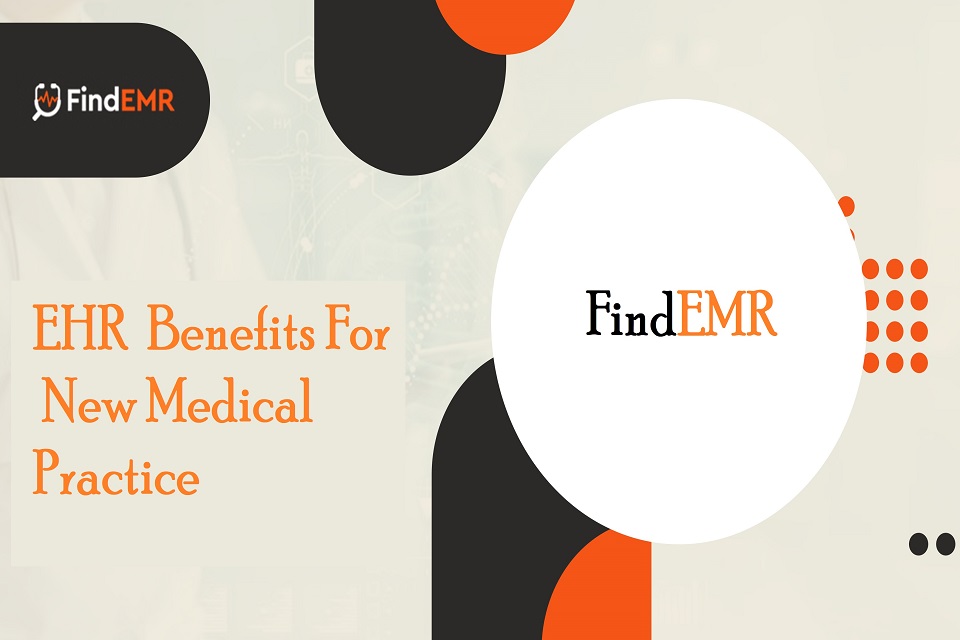Think about how many times you have used the healthcare system? How many times you have visited your family doctor? Had an X-ray or gone through other test? Have you ever wondered how this information is maintained and shared between these points of care or if its even shared at all?
Now think about how this could affect the healthcare you receive? Look at this way, you visited a local walk-in clinic where the physician requests a number of tests, unfortunately those results may not always be shared with your family doctor and a few weeks later you experience similar complications and your family doctor performs those same tests again, wouldn’t it be easier and more efficient if your doctor could access those original results first?
In your community when you visit any point of healthcare, information is collected regarding your health, however those system are not connected and information cannot be easily shared between healthcare providers, so when a doctor is treating you there may be pieces of your health information out there that they don’t know about, now consider how important communication is during an emergency situation when you find yourself in an emergency room and you are unable to properly relate your medical history not knowing for certain if you are on any medications or if you have any sort of allergies which could hinder the doctor’s assessment and could cause problems during treatment.
According to World Health Organization (WHO) 1 in every 10 patients will experience some form of unintended harm due to unavailability of patients medical history.
Retrieving your health information instantly could have saved time and reduce the possibility of complications during emergency.
ELECTRONIC HEALTH RECORD (EHR) is an easily accessible, centralized and normalized patient’s healthcare information stored electronically in form of databases that is collected from different healthcare organizations, specialists and labs and shared among them.
5 benefits for EHR systems in new medical practices:
Improved care co-ordination In EHR Systems
With EHRs every healthcare provider have access to same, accurate and up to date information about the patient, which specially is important for patients who are visiting multiple doctors or receiving care in emergency settings. This information is very helpful for each doctor you are visiting which helps them reduce medical errors and unnecessary tests. One doctor gets to know about the health conditions being managed by the other doctor and they prescribe the medicines accordingly, as EHRs provide clear and up to date information about patients current medications and allergy lists.
Improved diagnostics and patient outcomesIn EHR Systems
Electronic Health Records (EHRs)provide a very reliable and comprehensive picture to healthcare providers about patient’s health condition which helps them diagnose problems much better and sooner.
EHRshelp providers systematically identify and correct operational problems. In a paper-based setting, identifying and correcting such problems can take months.
A qualified EHR system automatically checks for problems whenever a new medication is prescribed and alerts the clinician to potential conflicts.
Potential safety problems are exposed through EHRs when they occur, which helps healthcare providers avoid more serious consequences and lead to better patient outcomes.
Improved patient careIn EHR Systems
Electronic Health Records(EHRs) can improve healthcare quality by making healthcare practices more convenient for providers and patients. Reliable access to complete patient health information is essential for safe and effective care. EHRs place accurate and complete information about patients health and medical history at provider fingertips so they can give the best possible care to the patients.
EHRs can help providers make efficient and effective decisions about patient’s health care by providing improved aggregation and analysis on the patients condition.
They provide support for therapeutic decision making, provide clinical alerts and reminders and have built-in safeguards against potential adverse events.
Cost savings and improved practice efficienciesIn EHR Systems
EHRs benefit medical practices in a variety of ways by reducing transcription, re-filing and storage costs. The medical errors are also reduced through better access to the patient’s data which also results in improved healthcare management.
EHR systems create more efficient healthcare practices through integrated scheduling systems that link appointments directly to progress notes. They save time with easier centralized chart management and condition specific queries.
They also provide enhanced communication with other clinicians, labs and health plans.
With cost effective features like e-prescription, reduction of duplicate testing and maintaining electronic records instead of paper records they have revolutionized the healthcare industry.
Increased patients participationIn EHR Systems
Providers and patients who share access to EHR can collaborate in effective decision making. Patient participation is especially important in managing and treating chronic conditions such as asthma, diabetes, and obesity.
With EHRs, providers can give patients precise and accurate information about all of their medical evaluations. Healthcare providers can also offer follow-up information after an office visit such as self-care instructions, thus creating a bridge for communication with their patients.
With EHRs, providers can manage appointment schedules electronically with their patients. Smooth communication between patients and providers may help providers identify symptoms earlier and it can position providers to be more proactive by reaching out to patients. Healthcare providers can also provide information to their patients through patient portals tied into their EHR system.


